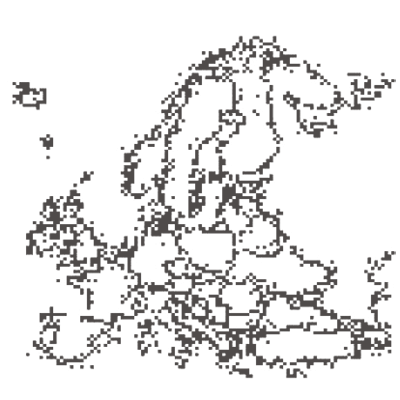A contractor’s experience means work actually done with the contractor’s involvement: A controversial ruling?
The Court of Justice held in Esaprojekt sp. z o.o. v Województwo Łódzkie (Case C-387/14) that a contractor entering a tender individually cannot rely on the experience of a group of contractors it was a member of in performing another public contract if the contractor was not actively and specifically involved in performance of the contract. The ruling, issued in the context of a Polish tender, is widely regarded in Poland as controversial. But is the conclusion by the Court of Justice requiring experience to be based on actual experience really debatable?

Non-competition between management board member and company
The Commercial Companies Code prohibits members of the management board of a company from undertaking activity competitive with the company. This ban is intended to protect the economic interests of the company. But what can a company do if the ban is violated?

Supplementation of documents in procurement proceeding and retention of bid bond
There has been a great divergence in interpretation of the grounds for retention of bid bonds. A recent resolution by the Supreme Court should unify the practice of contracting authorities on this issue. But the justification for the resolution itself admits certain exceptions from the obligation to retain the bid bond, even when the documents submitted by the contractor fail to confirm fulfilment of the requirements of the tender.

Uber: transport services, not e-commerce?
According to the advocate general’s opinions in C-434/15 Elite Taxi and C-320/16 Uber France, Uber does not provide information society services, but local transport services which may be regulated by EU member states.

If a national licensing system is inconsistent with EU law, sanctions cannot be imposed for violating that system
In a judgment issued on 22 June 2017 the Court of Justice took a negative view of the Hungarian system of licences for operation of online gaming. The judgment was preceded by an opinion by Advocate General Maciej Szpunar providing an excellent example of reasoning in cases involving restrictions imposed by EU member states on the freedom to provide services.

How to justify an abnormally low price to the contracting authority?
In public procurement procedures, contractors are often called on to justify the price they offer. If the explanation is too general or imprecise, the offer can be rejected.

New approach to pursuing private claims for damages for infringement of competition law
An act seeking to strengthen the position of private claimants seeking damages for violation of competition law entered into force in Poland on 27 June 2017. A wave of articles have washed through the legal and business press with nearly identical titles stressing that it will be easier to win damages for losses caused by anticompetitive arrangements. But is that really the case? It will certainly be easier to try.

Unlawful acts of public authority
The issue of unlawful acts and omissions generates some of the greatest controversy in the case law surrounding claims for damages against public authorities. It requires proof from which the court can conclude that a specific act or failure by public bodies was contrary to law.

Damages for legislative unlawfulness
If injury is caused by a defective normative act, it may be unclear where to seek damages—from the State Treasury or from local government—particularly in cases where the actions of these defendants may not be regarded as unlawful.

The practice of obtaining a predicate ruling requires reform
Pursuing compensation from the State Treasury for loss caused by issuance of an unlawful judgment is predicated on obtaining a finding in an earlier proceeding that the judgment was unlawful. But the regulations governing how to obtain such a predicate ruling generate serious doubts.

Liability of the State Treasury for loss caused by overlengthy judicial proceedings
Jak ocenić, czy postępowanie sądowe jest przewlekłe, i jak dochodzić odszkodowania, jeśli przewlekłość postępowania spowodowała szkodę.

State Treasury’s liability in damages for defective tax decisions
The defectiveness (unlawfulness) of a tax decision isn’t enough. Injury must also be proved, and an ordinary causal link between issuance of the decision and the injury.
